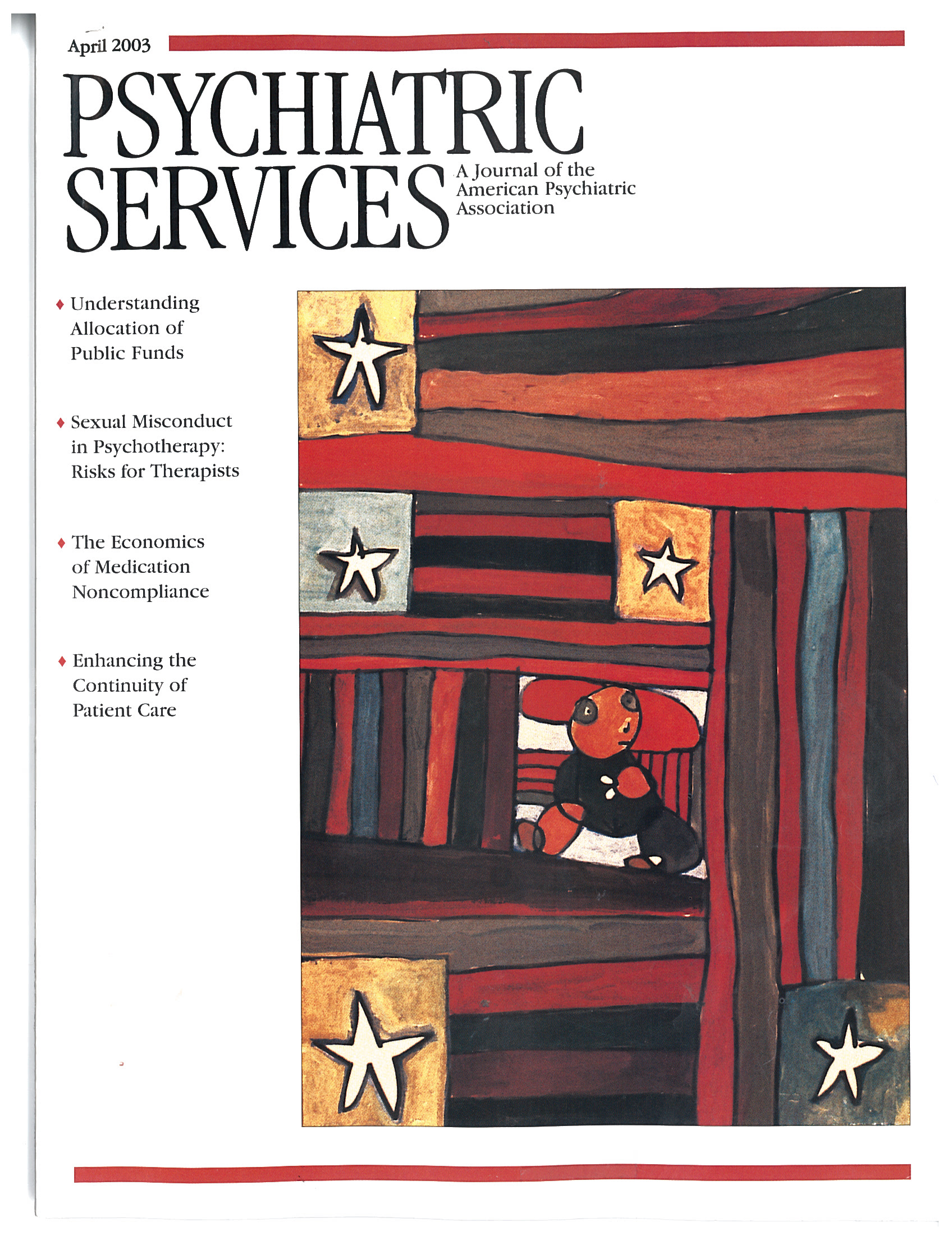The central thesis of Disorders of Simulation: Malingering, Factitious Disorders, and Compensation Neurosis is that disorders of simulation are legitimate syndromes. The book suggests that patients who suffer from disorders of simulation should be considered to have a bona fide problem, "one deserving of mental health attention, understanding, analysis, and treatment." The author rejects circumstances. He takes the position that individuals do not simulate merely for compensation but rather "to solve complex psychological and interpersonal issues."
Dr. Hutchinson, a neuropsychologist, is critical of the traditionally viewed motives for malingering, such as the acquisition of money, because such motives do not directly address what he sees as the central motivational issue: developmental object relations capacity. Hutchinson believes that to be eligible for a diagnosis of simulation, the patient's object relational capacity must be "prerapprochement" and the patient must have either a personality disorder or "very significant personality traits."
Disorders of Simulation gives a good historical overview of malingering and an excellent description of active aggression and passive aggression among simulators. The book also contains a useful discussion of the dangers of diagnosing malingering on the basis of ordinary variation in reporting of symptoms.
The book uses DSM-IV definitions of malingering and factitious disorder, but the author unfortunately resurrects the term "compensation neurosis" as an intermediate disorder. He acknowledges that this term is not an accurate description and states that it "should not be taken literally because it is not simply motivated by compensation, just as it is not a neurosis."
The book has several weaknesses. The author creates a complex set of terms to explain his theory, such as "generative control," "functional resurgence," and "symbiotic motivation." Some of these terms are confusing, because words that have ordinary meanings are given special ones.
Sometimes the language in this book is not easy to digest. For example, "The dimension of consciousness is therefore best avoided in operational definitions, although it may be fruitfully applied as a molar concept of final judgment, but is contingent upon synthesis of molecular data such as clinical behavior samples, process test observations, records review, interdisciplinary consultation, and the results of standardized assessment."
Disorders of Simulation is based on theory rather than any empirical data. Nonetheless, Hutchinson offers numerous conclusions. For example, he suggests that compensation neurosis has the best prognosis of any disorder of simulation and that malingering is an episodic condition that may be in evidence throughout the patient's life span.
The book contains occasional errors. For example, the author incorrectly refers to the historical concept of "moral insanity" as insanity due to delusions. He describes a link between antisocial personality and malingering, but studies do not show any empirical support for such a link (
1,
2).
Disorders of Simulation will not be particularly helpful to the forensic clinician who is seeking to improve skills in detecting malingering. In these times of evidence-based psychiatry, this is not a book you could use to defend your opinion in court. However, Dr. Hutchinson does a thorough job of discussing simulation in multiple contexts and provides a new, comprehensive theoretical formulation. I recommend this book to clinicians who are seeking a cohesive psychodynamic way to think about disorders of simulation.

